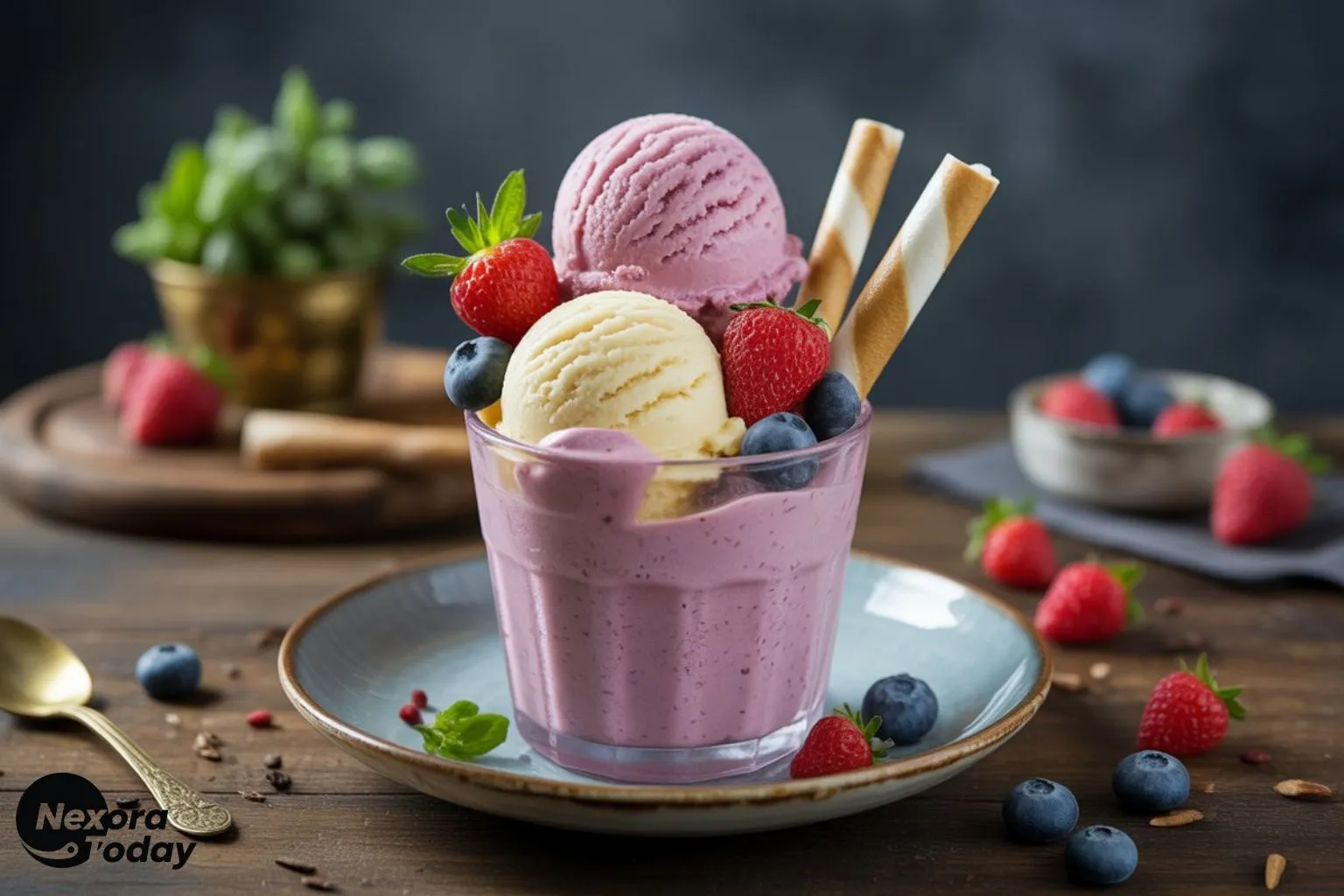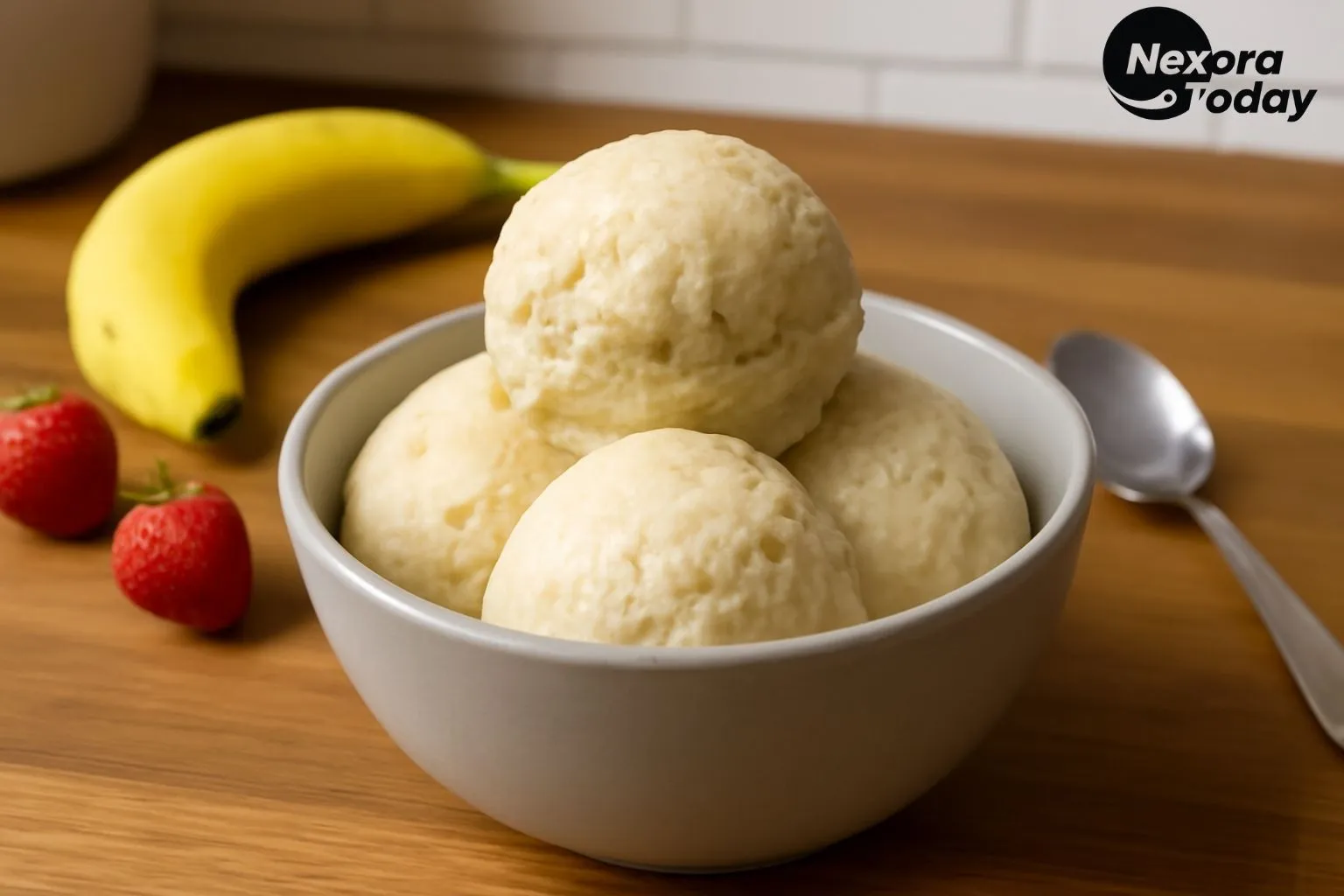Fennel, with its mildly sweet and aromatic flavour, is a versatile ingredient that plays a significant role in cooking, herbal remedies, and wellness. Its seeds, often used as a spice, offer multiple benefits ranging from aiding digestion to enhancing overall health. However, as with any superfood, understanding how to use and consume fennel seeds properly is key to unlocking their benefits while avoiding potential risks.
Here’s everything you need to know about fennel and fennel seeds, including how to use ground fennel seeds, the benefits they offer, potential risks of overconsumption, and the best time and quantity to consume them.
What Are Fennel Seeds?
Fennel seeds come from Foeniculum vulgare, a flowering plant in the carrot family. Native to the Mediterranean region, fennel has spread globally, thanks to its culinary and medicinal uses. The seeds, which look like small, elongated ovals, have a greenish-brown hue and carry a distinct anise-like taste.
Fennel seeds can be used whole or ground, depending on the recipe or purpose. When ground, the seeds release an even stronger aroma, making them a popular addition to spice blends and baked goods.
Culinary Uses of Fennel Seeds
Fennel seeds are highly versatile in the kitchen. Their slightly sweet flavour lends itself to a variety of dishes, both savoury and sweet. Here are some common ways to incorporate fennel seeds in your cooking:
Whole Seeds:
Add them to spice blends such as garam masala or Chinese five-spice.
Toast lightly before using in curries or sauces for a deeper, nuttier flavour.
Sprinkle on roasted vegetables or use as a topping for bread.
Ground Seeds:
Mix into rubs or marinades for meats to elevate the flavour profile.
Blend with sugar to make a fennel-infused sweetener for desserts.
Add to soups, stews, or pie fillings for a warm, aromatic twist.
How to Use Ground Fennel Seeds
Ground fennel seeds are easy to make at home by grinding whole seeds in a spice grinder or mortar and pestle. Here are a few brilliant ideas for using ground fennel:
Add ½ teaspoon to homemade bread dough or pancake batter.
Stir into yoghurt or smoothies for an aromatic boost.
Sprinkle over roasted potatoes, carrots, or other root vegetables before baking.
Blend with chilli flakes and olive oil for a flavourful pasta topping.
Trending Article: Jeinz Macias: A Multifaceted Talent in Music, Sports, Business, and Digital Innovation
Health Benefits of Fennel Seeds
Fennel seeds are more than just a tasty addition to meals. They’re packed with nutrients and compounds that can positively impact your health. Here are some key benefits:
1. Aids Digestion
Eating fennel seeds after meals is a common practice in many cultures. They help reduce bloating and relieve indigestion by improving gut motility and stimulating the production of digestive enzymes.
2. Rich in Antioxidants
Fennel seeds contain powerful antioxidants, including flavonoids and phenolic compounds, which help fight free radicals and reduce oxidative stress. This can slow signs of ageing and improve overall health.
3. Supports Weight Management
Low in calories but high in fibre, fennel seeds can help curb hunger. Adding them to your daily routine may help you manage portion sizes and support weight management goals.
4. Improves Skin Health
Thanks to their anti-inflammatory properties, fennel seeds can improve skin health by fighting acne and promoting a brighter complexion. They also reduce inflammation when applied as a paste.
5. Promotes Heart Health
The potassium, magnesium, and fibre in fennel seeds work together to reduce blood pressure, lower cholesterol levels, and improve overall heart function.
6. Boosts Immunity
Rich in Vitamin C and other nutrients, fennel seeds can strengthen immunity and protect your body against common illnesses.
7. Balances Hormones
Fennel seeds may mimic oestrogen, making them useful for managing hormonal imbalances and easing symptoms of menopause.
Risks of Excessive Consumption
While fennel seeds are beneficial, consuming them in large amounts may result in adverse effects. Here's what you should know:
1. Digestive Issues
Excessive fennel consumption may lead to digestive discomfort, including nausea or diarrhoea, particularly if consumed in high doses over an extended period.
2. Allergic Reactions
Some people may experience allergic reactions to fennel seeds, such as skin rashes, swelling, or difficulty breathing. Always consult a healthcare provider if you notice unusual symptoms.
3. Hormonal Effects
Due to their oestrogen-like properties, fennel seeds should be consumed in moderation, especially by individuals dealing with hormonal conditions or pregnancy.
4. Interference with Medication
Fennel seeds may interact with certain medications like blood thinners or anticonvulsants. Always consult your doctor if you’re on medication and intend to consume fennel seeds regularly.
How Many Fennel Seeds Should You Eat?
A safe and advisable quantity is about 1-2 teaspoons per day for most adults. Spread your consumption throughout the day rather than eating large amounts at once.
Also Read: Y2Mate YouTube to MP3 Converter Free
Best Times to Eat Fennel Seeds
Optimal timing can enhance their effectiveness. Here are the ideal times for fennel seed consumption:
After Meals: Chewing fennel seeds after meals helps digestion and freshens your breath.
Morning: Drinking fennel seed-infused tea on an empty stomach may help kickstart digestion and boost metabolism for the day.
Before Bed: Fennel seeds before bedtime can relax the digestive system and improve sleep quality.
How to Prepare Fennel Tea
Fennel tea is a soothing and healthful way to enjoy fennel seeds. Here's a simple recipe:
Ingredients:
1 teaspoon fennel seeds (lightly crushed)
1 cup boiling water
Directions:
Add the crushed fennel seeds to the boiling water.
Allow them to steep for 5-10 minutes.
Strain and enjoy warm.
For additional flavour, add honey, ginger, or a dash of lemon.
FAQs About Fennel Seeds
1. What are some good ways to use ground-up dried fennel seeds?
Ground fennel seeds add a sweet, slightly licorice-like flavor to both savory and sweet dishes. Here are some popular uses:
Seasoning: Sprinkle on roasted vegetables, meat, or fish.
Baking: Add to breads, cakes, or cookies for a unique flavor twist.
Spice blends: Use in curries, garam masala, or Italian sausages.
Tea: Steep in hot water with other herbs for a digestive tea.
Dressings: Mix into vinaigrettes or yogurt-based sauces.
2. I have an addiction to eating fennel seeds—about 1 kg per week. What should I do to overcome this habit?
While fennel seeds are healthy in moderation, consuming 1 kg per week is excessive. Here’s how to manage this habit:
Track consumption: Keep a daily log to gradually reduce your intake.
Replace with alternatives: Try chewing sugar-free gum, sunflower seeds, or herbal mints.
Set limits: Pre-portion a small amount for the day instead of eating freely.
Seek help: If cravings feel uncontrollable, consult a nutritionist or therapist. Compulsive eating can sometimes signal deeper emotional or behavioral issues.
3. Can excessive consumption of fennel seeds be harmful? If yes, in what ways?
Yes, overconsumption of fennel seeds can lead to health problems:
Hormonal imbalance: Fennel contains phytoestrogens, which can disrupt hormonal levels if taken in large amounts.
Allergic reactions: Some people may experience rashes, breathing issues, or swelling.
Photosensitivity: High doses might make the skin more sensitive to sunlight.
Digestive issues: Too many fennel seeds can cause nausea or upset stomach.
4. What happens if one eats fennel seeds excessively?
Eating fennel seeds in large amounts can cause:
Hormonal effects (especially in women, like irregular periods)
Stomach discomfort or gas
Dizziness or hallucinations in extremely high quantities (rare but reported)
Interactions with medications (such as birth control or antibiotics)
Moderation is key. A handful a day is considered safe for most people.
5. How many fennel seeds should I eat?
For general health benefits, 1 to 2 teaspoons per day is usually sufficient. This can be:
Eaten after meals for digestion
Used in teas
Added to dishes for flavor
Always consult a healthcare professional if you’re considering consuming them in larger quantities.
6. What is the right time to eat fennel seeds?
Fennel seeds are most effective when eaten:
After meals – helps with digestion, reduces bloating and gas
In the morning on an empty stomach – may support metabolism and freshen breath
Before bed – calming properties can aid in better sleep and soothe digestion
You can chew them raw, drink them in fennel water, or include them in tea.





